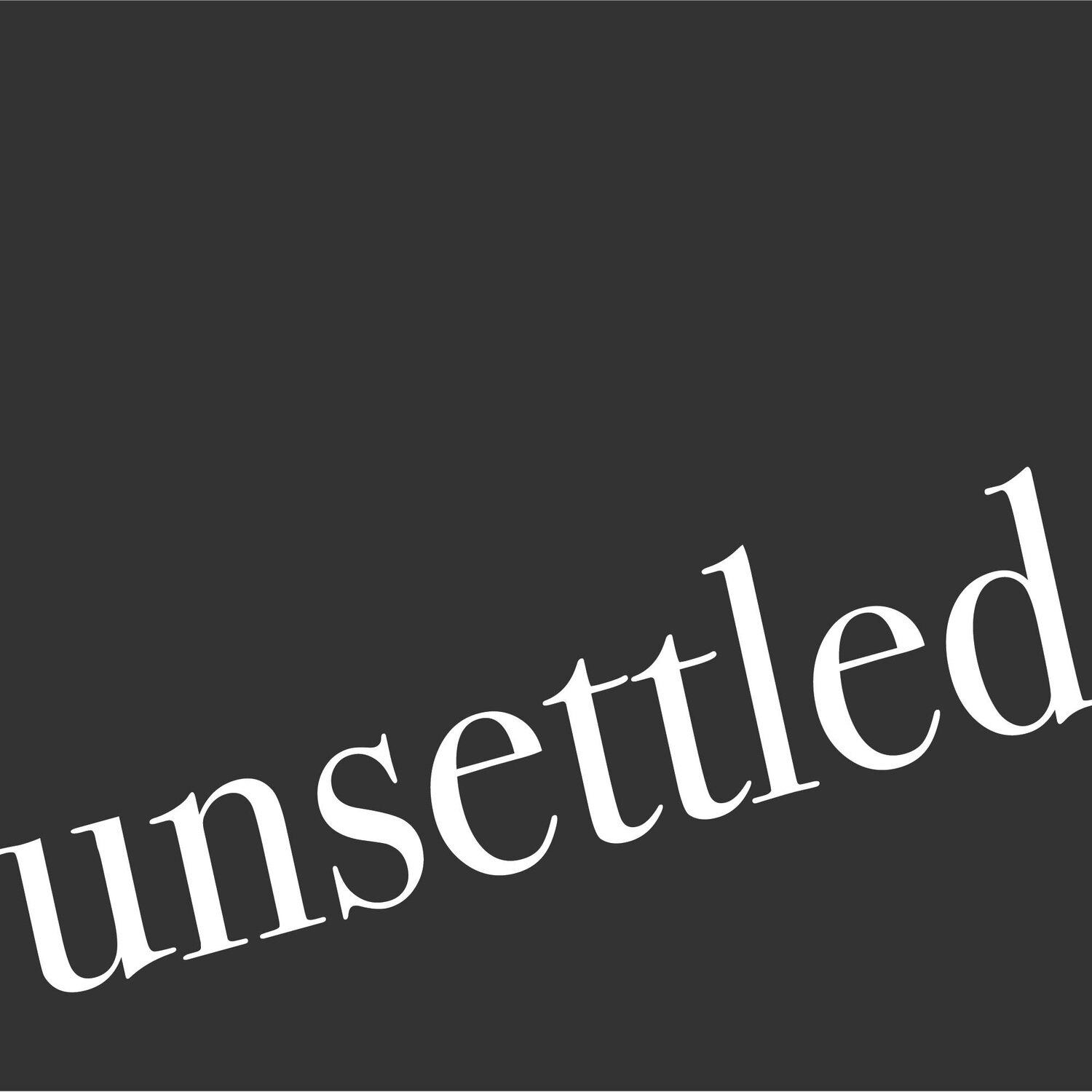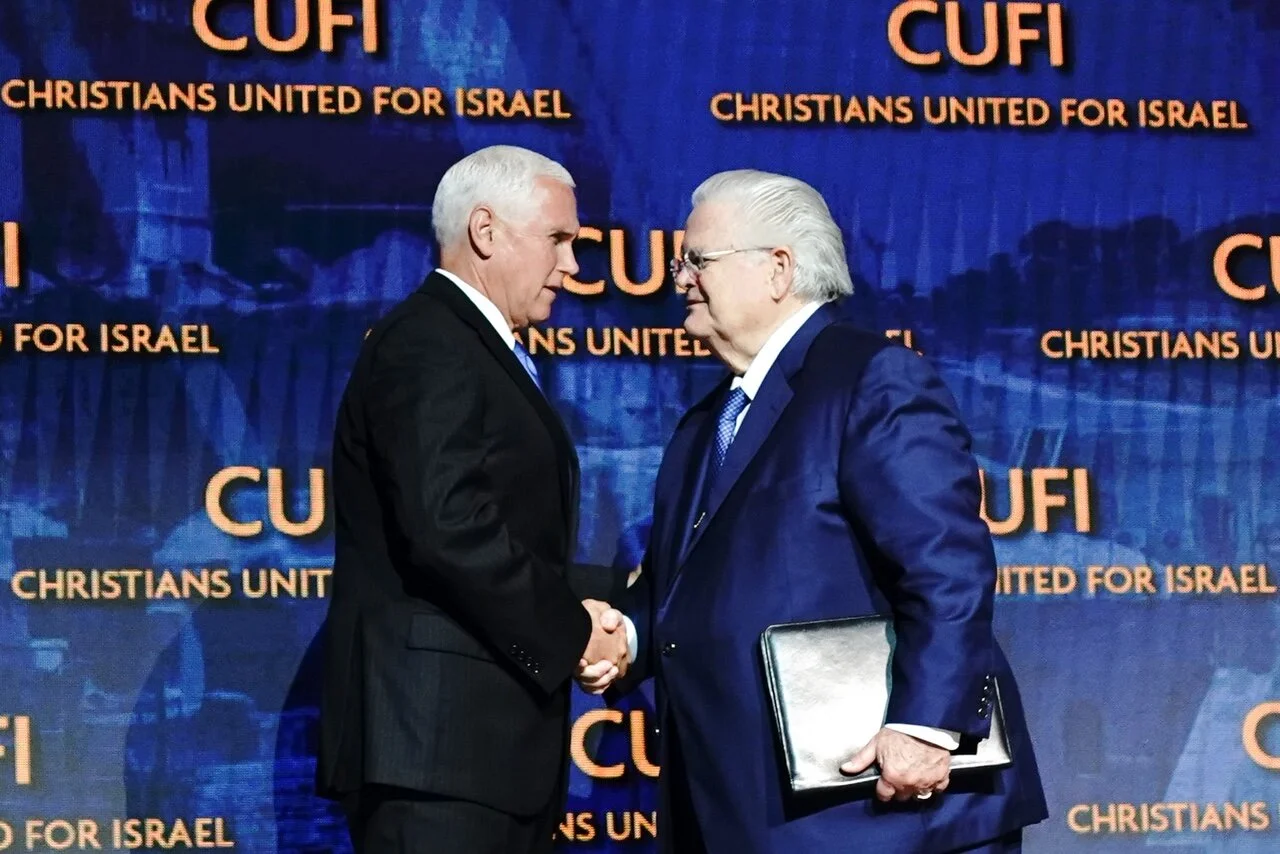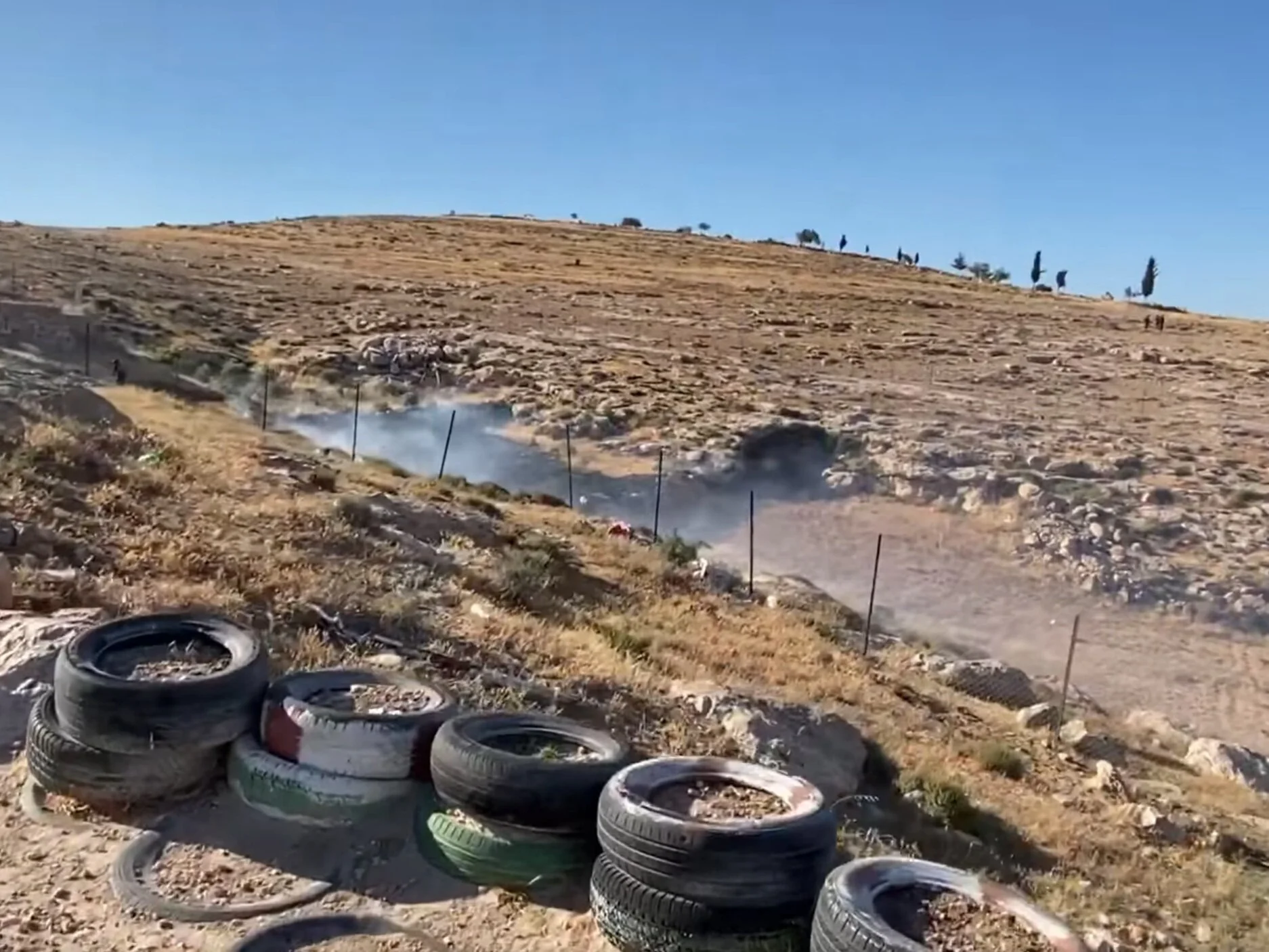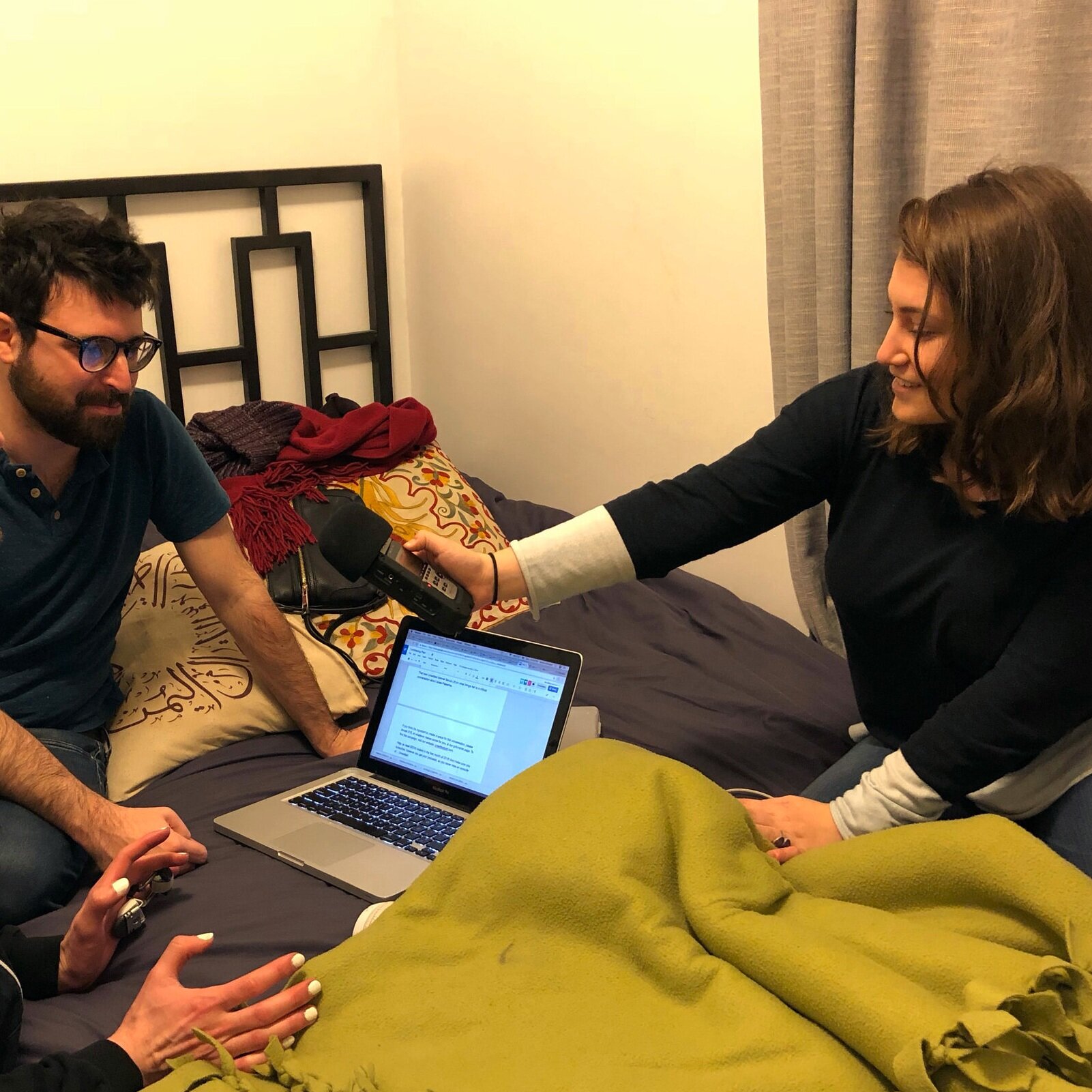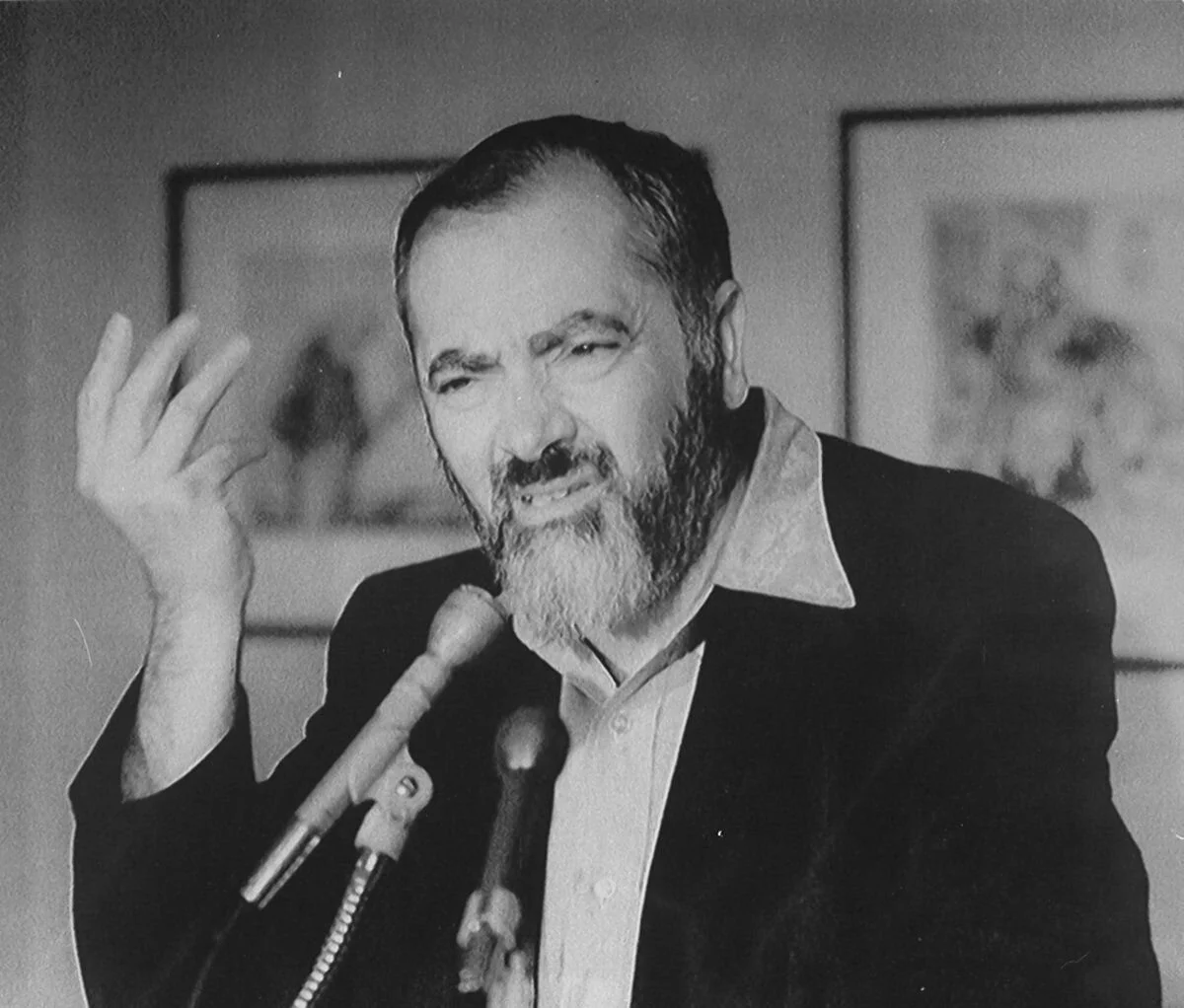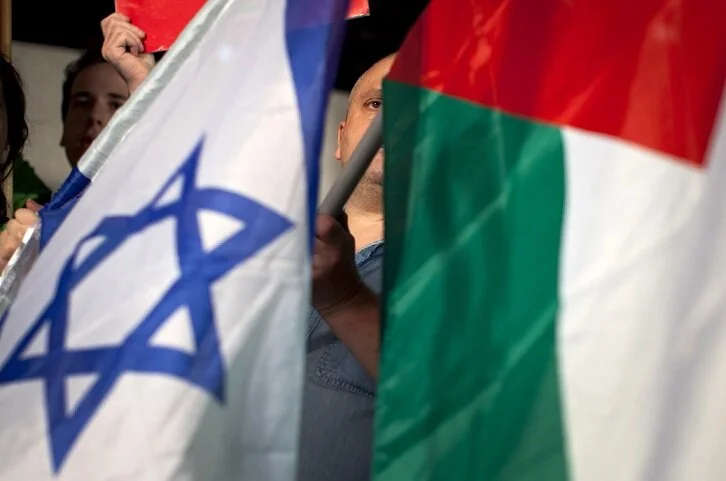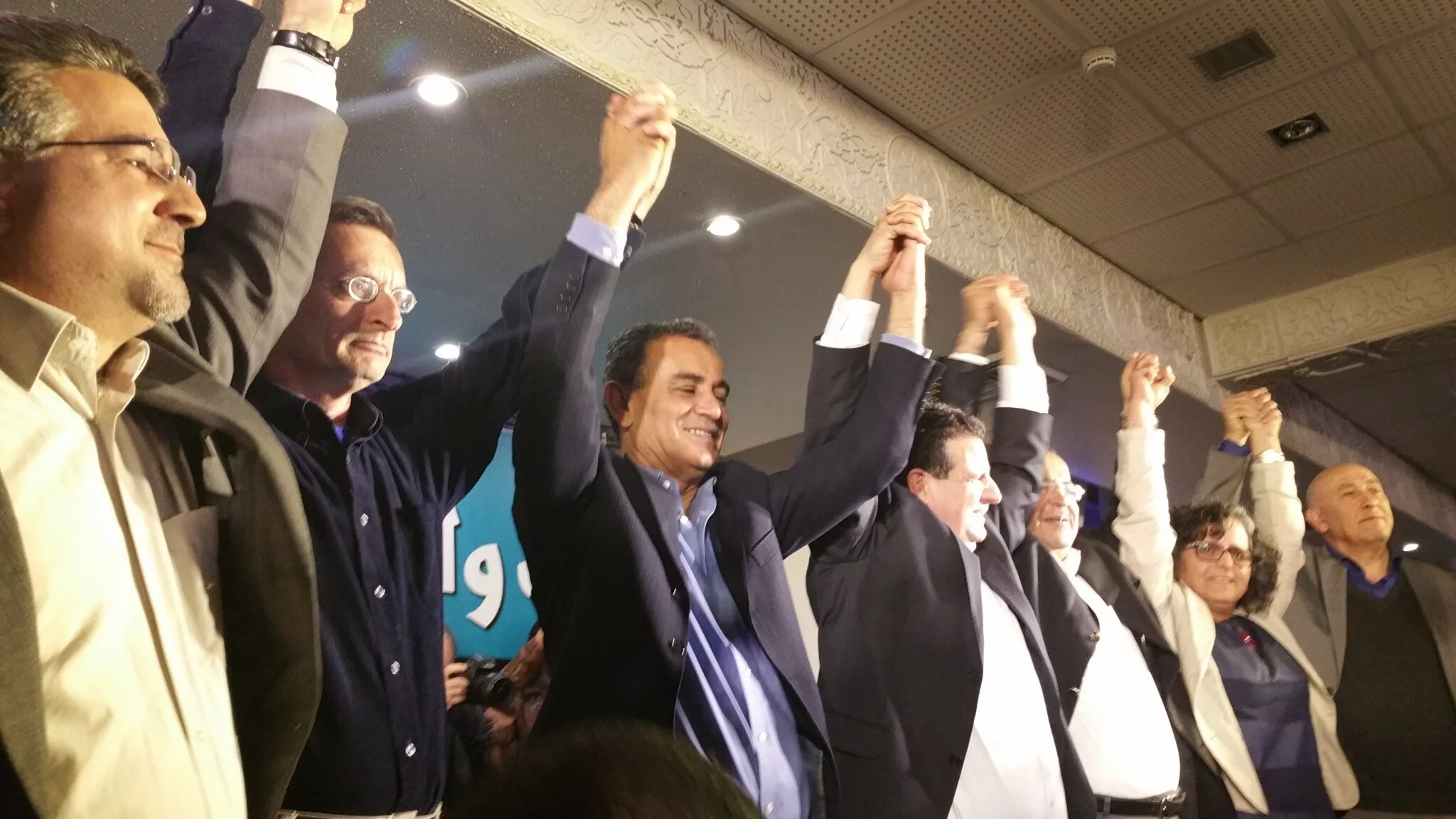In the spring, the prominent twin activists Muna and Mohammed al-Kurd were regularly speaking out about an Israeli settler takeover of their home in Sheikh Jarrah in Jerusalem. But just after Muhammad and Muna started to get international attention, they were detained and interrogated by Israeli authorities. The al-Kurd twins are not alone. Palestinians say they’ve been subject to censorship from social media companies and by the Israeli authorities for decades. On this episode of Unsettled, Marwa Fatafta, the Middle East and North Africa Policy Manager at Access Now, talks about censorship of Palestinian voices.
Introducing Groundwork
Groundwork is a new podcast about Palestinians and Jews refusing to accept the status quo and working together for change. When war broke out between Israel and Gaza this past May, some of the worst inter-ethnic fighting in Israel’s history erupted between its own citizens. The violence showed that even in mixed cities, where people often talk of coexistence, there are deep political, ethnic, and economic divides.
Jonathan Brenneman and Aidan Orly: Christian Zionism
As international attention turned to Israel-Palestine this May, Jonathan Brenneman and Aidan Orly co-authored an op-ed for Truthout titled “Progressives Can’t Ignore Role of Christian Zionism in Colonization of Palestine.” In this episode, producer Emily Bell interviews Brenneman and Orly about the origins of Christian Zionism; the relationship between Christian Zionism, Jewish Zionism, and U.S. foreign policy; and what it means to challenge Christian Zionism.
Kathleen Peratis: Visiting Gaza
Two million people live in the Gaza Strip, and they’ve endured over a decade of air raids, and an economic blockade that deprives them of basic necessities, like power and clean water. But in the Jewish community, conversations about Gaza tend to focus only on Hamas terrorism and claims of widespread antisemitism. Kathleen Peratis has been to Gaza five times in the last decade, and what she saw there tells a very different story. In this episode, Kathleen talks about what she learned from her experiences in Gaza and the people she met while she was there.
Update from the South Hebron Hills
The recent escalation of violence in Israel-Palestine seemed to be happening everywhere, all at once. But one place that’s been getting less public attention is a rural part of the West Bank called the South Hebron Hills. Last weekend, Jewish settlers set fire to Palestinian fields and tried to destroy a cave in the village of Sarura.
We have dedicated two past episodes of Unsettled to the story of this cave: how it was first reclaimed four years ago by Palestinian and Jewish activists; and how it has remained in local Palestinian hands ever since, thanks to a group called Youth of Sumud. Today, we’re sharing those two episodes as one.
Amjad Iraqi: Palestinians Rising
Over the last two weeks, even in the face of state and mob violence, Palestinians have been organizing mass demonstrations on both sides of the Green Line: from Jerusalem to Nazareth to Ramallah. After decades of policy designed to keep the Palestinian people fragmented, they have taken to the streets in unison to demand radical change. What does this new Palestinian uprising look like? And where will it go next?
Politicized Pain
When violence erupts in Israel-Palestine, talking in public about Palestinian suffering is often met automatically with an assertion of Israeli suffering — as if one somehow cancels out, or even justifies, the other. It feels like compassion has become a scarce commodity. How do we grieve publicly without negating the experience of the “other side"?
This episode is not an expert interview, it's a conversation between two friends: one American, one Israeli. Unsettled producers Ilana Levinson and Asaf Calderon discuss empathy and anger, power, trauma, and responsibility.
Shaul Magid: The Life and Afterlife of Meir Kahane
Meir Kahane is one of the most polarizing figures in modern Jewish history. His Jewish Defense League was labeled a terrorist group by the FBI. His KACH party was banned from the Knesset for racism. Kahane was assassinated in 1990, but his name and ideas live on.
Kahanist mobs have recently marched through the streets of Israeli cities chanting “Death to Arabs” and attacking random Palestinians. A Kahanist politician was blamed by Israel's Police Commissioner for inciting a new intifada. What is Kahanism, who was Meir Kahane, and how did the ideas of such an extremist figure become, in many ways, mainstream?
Leena Dallasheh: "East Jerusalem is under attack"
The imminent displacement of several Palestinian families in the East Jerusalem neighborhood of Sheikh Jarrah set off a chain of events that led to the violence we’re now seeing all over Israel-Palestine. But what’s happening in Sheikh Jarrah isn't new. Ever since Israel gained control of East Jerusalem in 1967, the state has been making life difficult for Palestinians -- and trying to get them out.
In this episode, producer Ilana Levinson speaks to historian Leena Dallasheh about the many forms of exclusion faced by Palestinians in Jerusalem.
Tareq Baconi: Hamas, Explained
Since last week, nearly two hundred Palestinians have been killed by Israeli airstrikes in Gaza. Israel's defenders say the state is simply defending itself against rocket fire from Hamas; loss of life is tragic, but Hamas is to blame. But many of us know very little about Hamas itself.
In this episode, originally published in 2019, producer Max Freedman speaks with Tareq Baconi, author of the book Hamas Contained: The Rise and Pacification of Palestinian Resistance. They discuss the origins of Hamas, how Hamas governs the Gaza Strip, and its complicated relationship with the state of Israel.
Rasha Budeiri: Sheikh Jarrah
The current round of violence in Israel-Palestine began in the East Jerusalem neighborhood of Sheikh Jarrah: where a number of Palestinian families are facing imminent eviction from their homes — to be replaced by Jewish settlers — and where Palestinian demonstrators were met with overwhelming force from Israeli police. In this episode, Max Freedman speaks to Rasha Budeiri, whose parents are right in the middle of all this: they live in Sheikh Jarrah, in one of the homes threatened with displacement.
Sam Bahour: Confederation
When it comes to peace in Israel-Palestine, the two-state solution has been the party line for much of the international community for a long time. But lately, many experts and activists have been saying the two-state solution is dead. If that's true, what’s the best path forward?
According to Palestinian entrepreneur Sam Bahour, it’s time to try confederation. In this episode, Ilana Levinson talks to Sam about why he believes a confederal model is best for Israelis and Palestinians.
Will this Palestinian matriarch get to keep her Jerusalem home?
Amal Sumarin lives with her family just outside Jerusalem’s Old City in the Palestinian village of Silwan. The Jewish National Fund and the Elad organization have long been promoting Jewish settlement in the area — often at the expense of Palestinian residents like the Sumarins.
In April, after a decades-long legal battle, an Israeli court will finally decide whether the Sumarin family will be forcibly evicted from their home. On this episode, we teamed up with the +972 Podcast to tell the story of the Sumarin family and their struggle to remain in the house they’ve lived in for generations.
Anan Maalouf: The Joint List
Israel is about to hold its fourth parliamentary election in the past two years. The last time Israelis went to the polls, in March 2020, the Joint List — a coalition of four Arab Palestinian political parties — won an unprecedented 15 seats in the Knesset. But since then, the Joint List has fractured. Why? And what does this mean for the future of Palestinian politics?
Liat Berdugo: The Weaponized Camera
B’Tselem, an Israeli human rights organization, has been running its Camera Distribution Project since the early 2000s. The project distributes video camcorders to Palestinians, training them in documentation, and building an archive of citizen-recorded video. These videos cover a wide-range of topics, including settler violence, IDF night searches and demolitions. How do visuals disrupt historical narratives of conflicts? What does it mean for someone to later on witness preserved traces of events? And in the context of Israel-Palestine, what impact does a camera actually have in the face of entrenched power dynamics?
